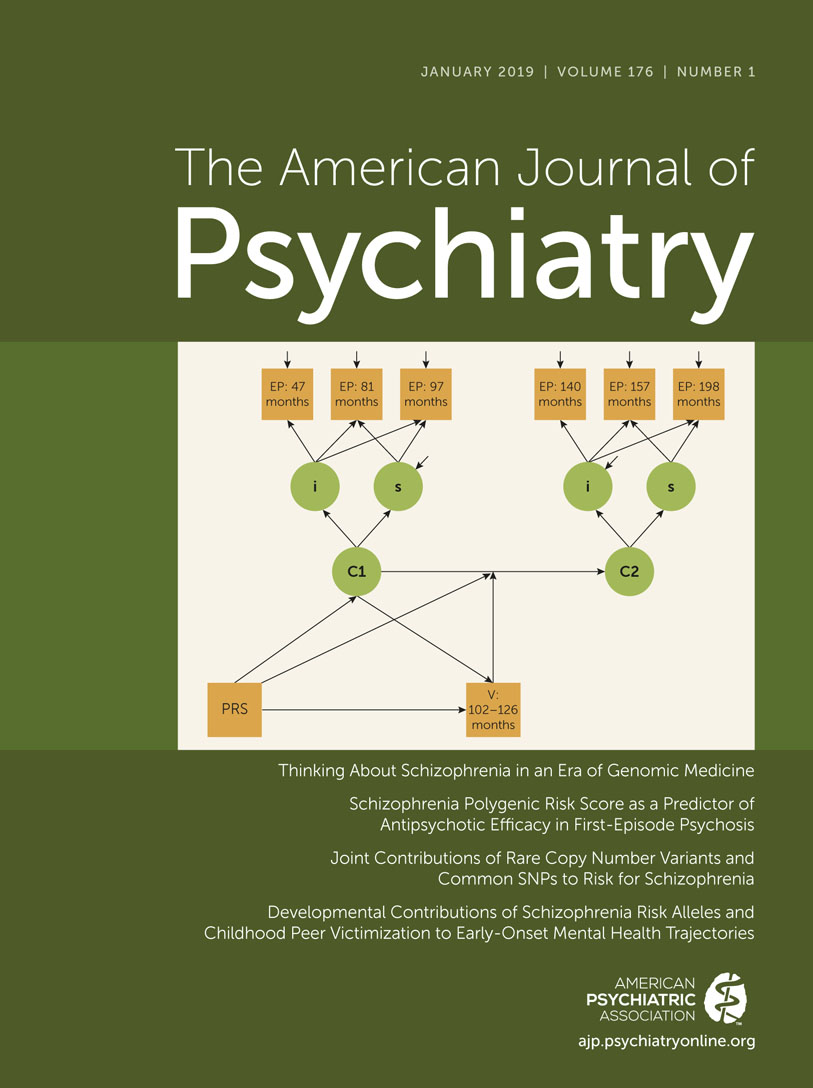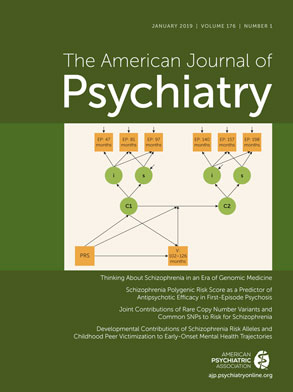T
o the E
ditor: We appreciate the careful reading of our Clinical Case Conference (
1) by Drs. Bianchi, Schonfeld, and Laurent, whose work has contributed to the discussion about the boundaries of depression and burnout. The first issue raised is the treatment of depression as a category in contrast to burnout as a dimension. The ongoing debate between categorical versus dimensional approaches goes beyond the scope of this response, and both depression and burnout can be, and have been, approached dimensionally as well as categorically. DSM-5, despite efforts to move toward a more dimensional perspective, is still fundamentally an inventory of categories of mental disorders.
The second question concerns recent work performed by the authors indicating that the discriminant validity of the burnout construct is not satisfactory. Those studies were not available when our case was discussed and presented; they surely warrant closer consideration.
The third point is about the role of exhaustion’s strong association with depression in the argument for considering burnout a depressive syndrome. Many DSM-5 syndromes, with their combinations of co-occurring manifestations, have overlapping criteria and symptoms. While symptoms can be difficult to differentiate at times, screening tools and clinical correlations increase one’s diagnostic accuracy.
The fourth point is about our proposed footnote to differentiate symptoms of depression versus burnout, which they describe as “based on speculations.” This proposed footnote is indeed based on speculations and discussion generated during our case presentation to psychiatry faculty, including psychiatrists, psychologists, and social workers, as well as residents and medical students.
Fifth, they take issue with the use of the burnout construct to facilitate examination of work-induced symptoms. We believe that accepting the existence of burnout as a separate category from depression does indeed provide a medium to discuss occupational stress and its effects on mental health. To subsume burnout into depression in that regard would be a disservice to the recognition of the impact of work conditions on mental health in a general sense.
Finally, we want to emphasize the open-nature question about the relationship between depression and burnout. It is only through this continuing dialogue between clinicians, who are dealing with these issues in practice, and researchers, who can bring a populational approach and strong psychometrics, that we will find the best solution for our current conundrum and eventually develop a consensus definition of professional burnout (
2).

